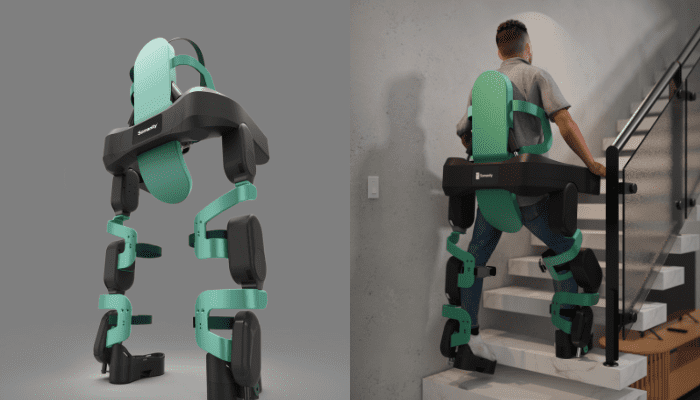According to the University of Wisconsin–Platteville, two professors have discovered a way to turn spoiled milk into a key ingredient for eco-friendly 3D printing. Their patented invention, titled “Development of Bio-Composite Materials for 3D Printing Using Milk Proteins,” transforms dairy waste into biodegradable plastics – offering both environmental benefits and a new source of income for Wisconsin’s dairy farmers.
“Who would have thought 3D printing and dairy protein could be combined to create a new material?” said Dr. Joseph Wu, associate professor of chemistry. “My hope is that it will help both the 3D printing industry and dairy farmers in Wisconsin.”
Dr. Wu and Dr. John Obielodan, professor and chair of Mechanical and Industrial Engineering, began exploring this idea to reduce waste and dependence on petroleum-based plastics. The concept took shape during the COVID-19 pandemic, when milk dumping due to supply chain disruptions inspired the pair to find value in spoiled dairy. “We asked ourselves, ‘Why can’t this milk, instead of being wasted, be turned into something valuable?’” recalled Obielodan.
Five years of research led to a US patent awarded to WiSys for their method of converting milk proteins like casein and whey into usable plastic. “Many single-use plastics end up in oceans, where they are ingested by marine animals – eventually entering our food chain,” said Obielodan. “Biomaterials offer a more sustainable alternative.”
The process, however, was far from simple. “We needed to figure out what kind of protein, and in what form, would yield the best results,” said Obielodan. The team experimented with different protein formulations, testing their strength and flexibility. UW-Platteville students assisted in breaking down and purifying the proteins, gaining hands-on experience in cutting-edge sustainable materials research.
Funding came from the Dairy Innovation Hub, a Wisconsin state initiative supporting dairy-related research across the University of Wisconsin–Platteville, UW-Madison, and UW-River Falls. The Hub awarded an initial $50,000 grant – later expanded to about $180,000. “They provided the seed money that allowed us to investigate. We couldn’t have done this without them,” said Wu.
“This breakthrough highlights the kind of forward-thinking research happening at UW-Platteville,” said Chancellor Dr. Tammy Evetovich. “Their work not only advances sustainable, biodegradable materials for 3D printing but also offers eco-friendly alternatives to petroleum-based plastics.”
Looking ahead, Wu and Obielodan plan to transfer the technology to industry partners for commercialization. “From 3D printing filaments to other engineered materials, the possibilities are wide-ranging,” said Obielodan. “It’s all about making unexpected connections – like 3D printing and dairy protein merging into a revolutionary material.”













.jpg)

